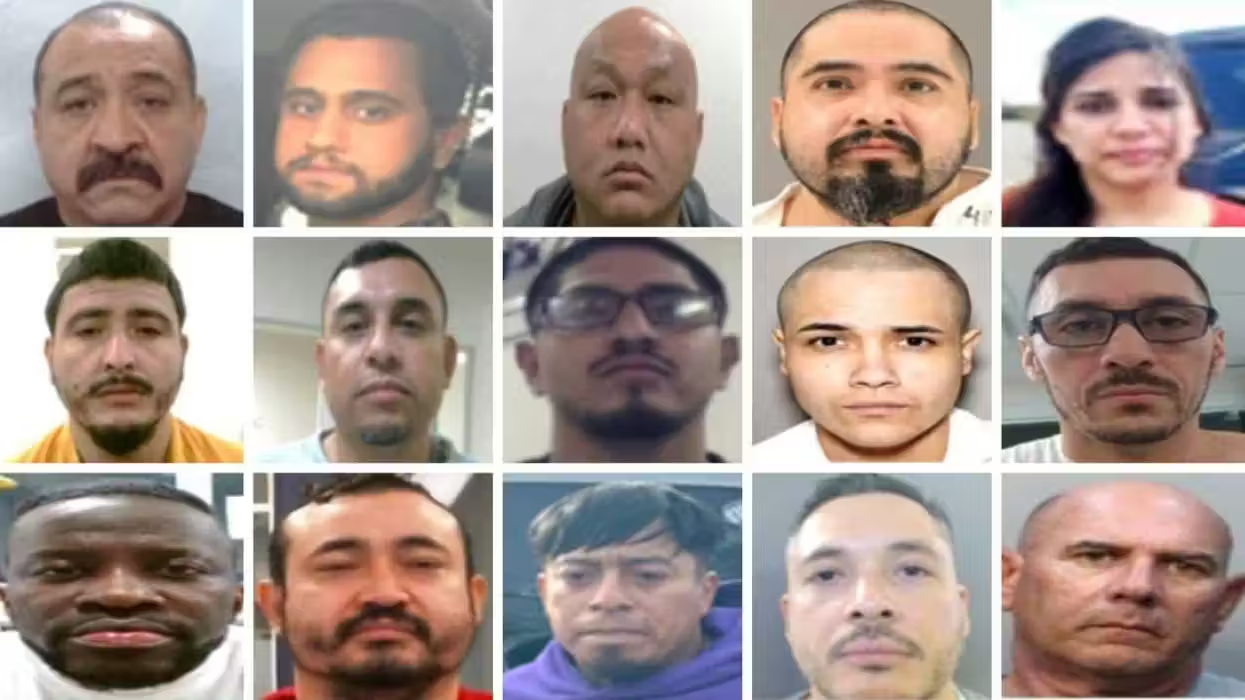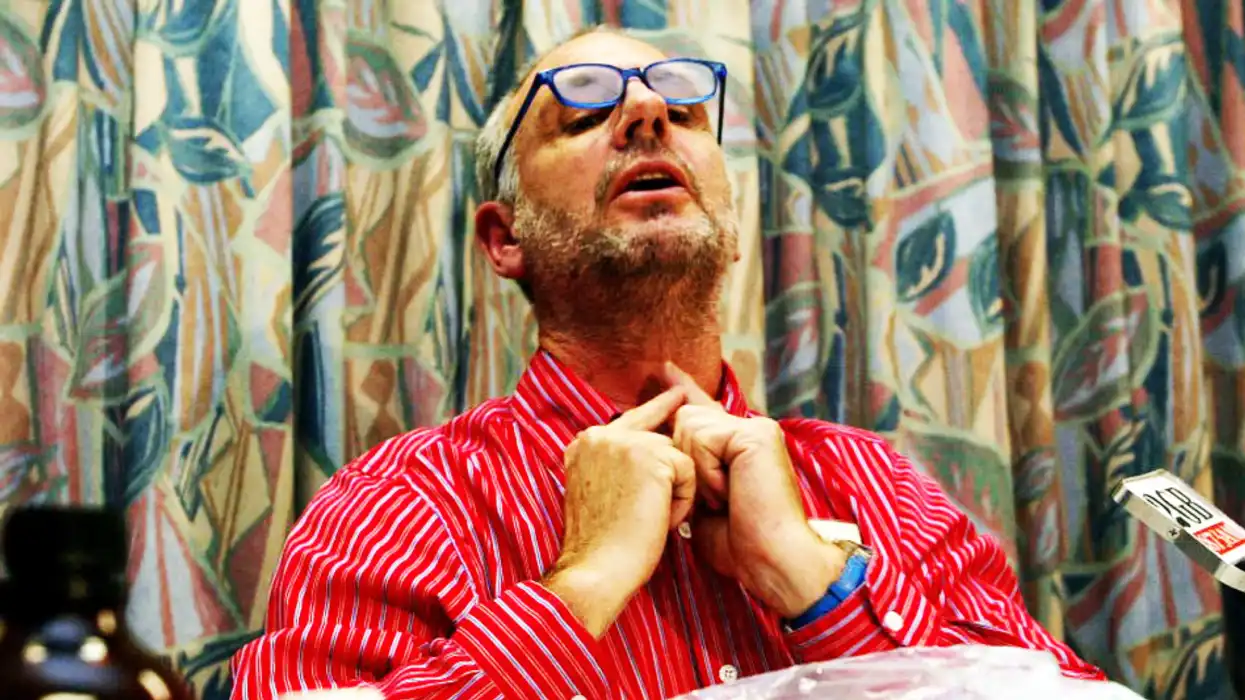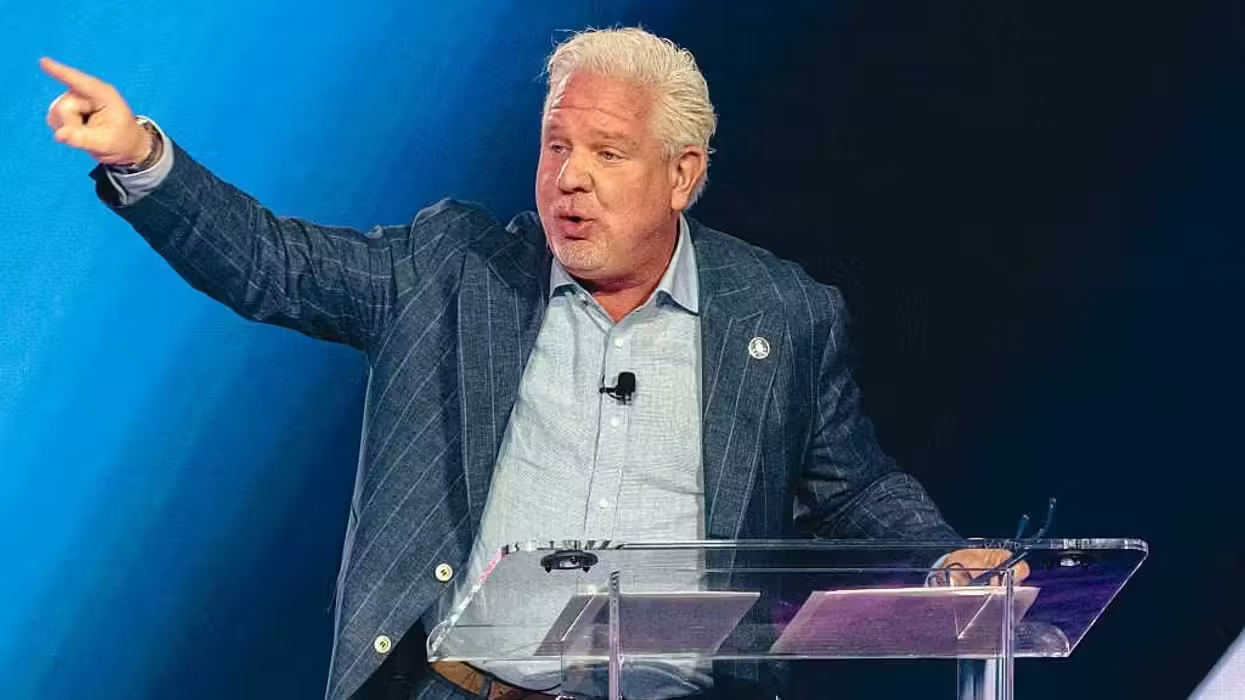The largest developer and manufacturer of Tasers and police surveillance equipment announced Wednesday that it plans to offer body cameras — free of charge — to every police officer in the United States.
Taser International, which just changed its name to Axon, announced that the initiative will also provide law enforcement offices with supporting hardware, software, data storage, and training for one year, also free, CNBC reported.
“We believe these cameras are more than just tools to protect communities and the officers who serve them,” Axon founder and CEO Rick Smith said in a statement. “They also hold the potential to change police work as we know it, by seamlessly collecting an impartial record and reducing the need for endless paperwork.”
The Arizona-based business’ decision came in response to the increasingly challenging atmosphere police officers face. According to Axon, police departments across the U.S. are plagued with problems of “limited resources, lack of staffing, and equipment issues.” Also, heightened public scrutiny about the use of police force has raised the need for an objective video record in controversial situations, like the 2014 shooting of Michael Brown in Ferguson, Missouri.
“We are going ‘all-in’ to empower police officers to more safely and effectively do their jobs and drive important social change by making body cameras available to every officer in America,” Smith said.
If every officer was equipped with a camera, it would eliminate the need for such thorough and time-consuming police reports, many of which are handwritten, and would help streamline communication, Axon’s news release said.
“With this connected network of devices, apps, and people, officers can operate with confidence and focus on what matters: The people and community they serve,” the release said.
The one-year package includes an Axon Body 2 camera for every officer, unlimited storage at Evidence.com, two camera mounts per person, a docking station for securely uploading footage, and full access to the company’s online training database, Axon Academy.
Axon is encouraging the departments to utilize the online training information because many officers end up purchasing the technology “without the input of the people who use it every day, often with dismal results.”
Axon is hoping to get something out of the free offer, too. The company, best known for making Tasers, which are used by police across the country, is hoping that after officers learn how to use the new devices, they can offer insight into how to best implement them into every day law enforcement activity.
The nationwide push for body cameras arose out of increased tensions between law enforcement officers and their communities in the wake of national Black Lives Matter protests and riots. While many police officers are on board with the increased surveillance, some see it as an unwelcome intrusion into an already difficult job.
In August 2016, the Boston Police Patrolmen’s Association, which represents some 1,500 city officers, sued city administrators and tried to block a trial program that would have assigned body cameras to 100 police officers.
Many officers have said body cameras are in violation of their basic employment rights and threaten their safety by making every encounter an opportunity to find wrongdoing.
The Boston association, citing a 2016 Rand Corp. study, said in a statement that “officers wearing body cameras are no less likely to use force but are 15 percent more likely to be assaulted than officers without cameras.”
Others, though, see it as the best solution to a tricky situation that is only getting worse.
“Transparency is extremely important, particularly now, when there seems to be a growing distrust between the police and the community,” Tod Burke, a criminal justice professor at Radford University in Virginia and a former Maryland police officer, told The Christian Science Monitor.
“I think more often than not,” he continued, “body cameras will exonerate law enforcement officers. And more often than not, they’re doing the proper thing, and they can minimize false claims against the police.”







